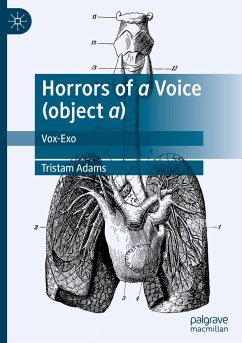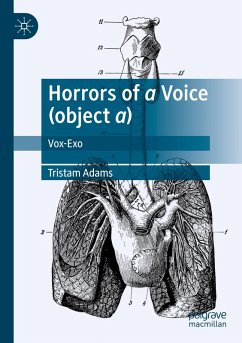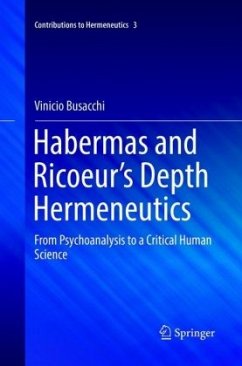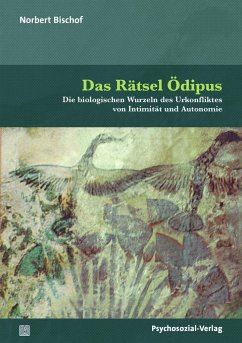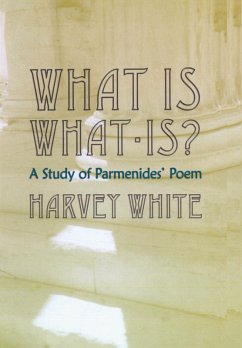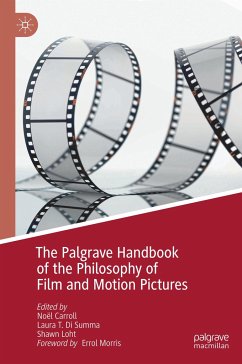
White Holes and the Visualization of the Body

PAYBACK Punkte
27 °P sammeln!
This book builds on the works of Artaud and Deleuze, setting forth a different way of thinking on the body through the use of a whole new set of conceptual tools. Paic argues that the human body has become obsolete in relation to the development of cybernetics and artificial intelligence, proposing that it can be understood neither as a bare thing nor a machine, but instead as an event.The concept of White Holes serves both as a metaphor and as a guide for understanding constellations such as the visualization of the body, the corporeal turn, fascination with the digital image, and the technos...
This book builds on the works of Artaud and Deleuze, setting forth a different way of thinking on the body through the use of a whole new set of conceptual tools. Paic argues that the human body has become obsolete in relation to the development of cybernetics and artificial intelligence, proposing that it can be understood neither as a bare thing nor a machine, but instead as an event.
The concept of White Holes serves both as a metaphor and as a guide for understanding constellations such as the visualization of the body, the corporeal turn, fascination with the digital image, and the technosphere. Through visualization of the body, we reach out to a space of singularity of thought that is not a description of reality, but rather its aesthetic construction. Leading a paradigm shift after the end of metaphysics in cybernetics, Paic argues that phenomenology and psychoanalysis can no longer be credible theoretical orientations for deep insight into what happens when artificial life takes over what remains of the body's immanence.
The concept of White Holes serves both as a metaphor and as a guide for understanding constellations such as the visualization of the body, the corporeal turn, fascination with the digital image, and the technosphere. Through visualization of the body, we reach out to a space of singularity of thought that is not a description of reality, but rather its aesthetic construction. Leading a paradigm shift after the end of metaphysics in cybernetics, Paic argues that phenomenology and psychoanalysis can no longer be credible theoretical orientations for deep insight into what happens when artificial life takes over what remains of the body's immanence.





